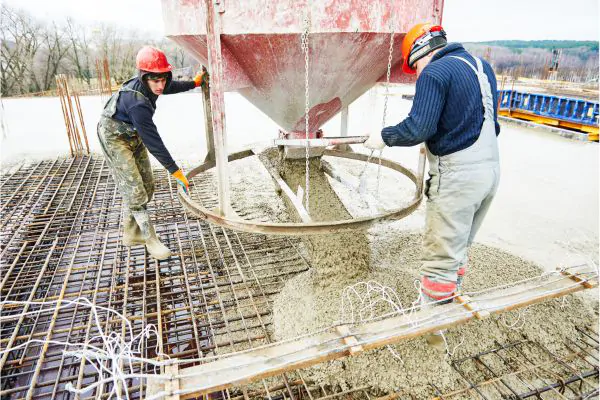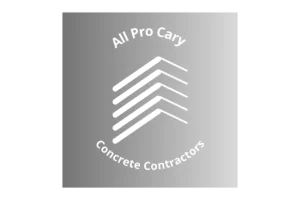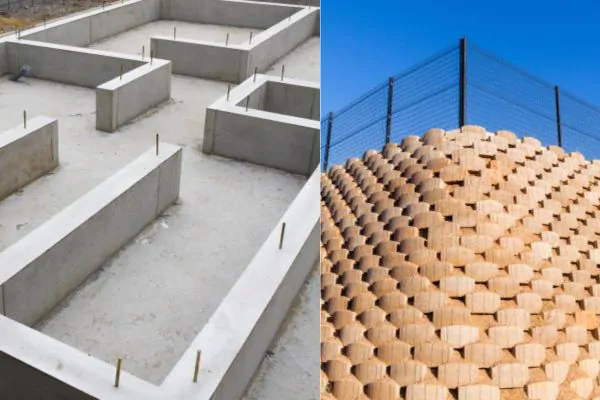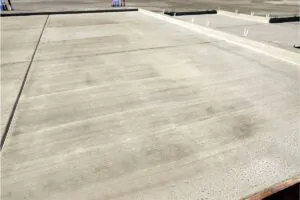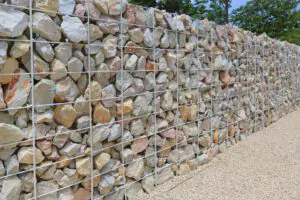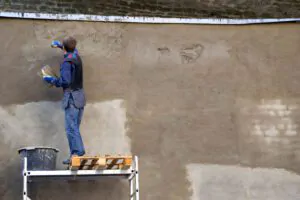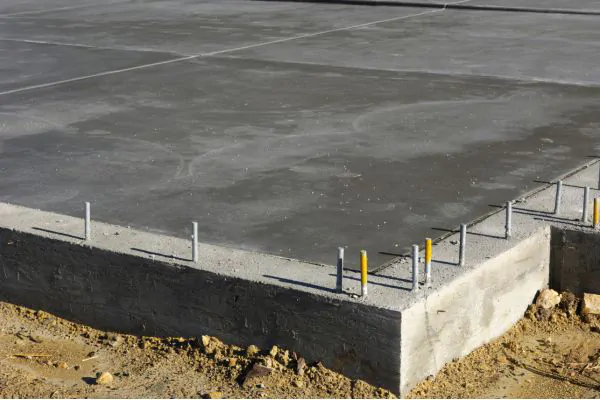
When it comes to construction and building support structures, two critical elements often come into play: concrete foundation and retaining walls. These elements are essential for both residential and commercial projects, providing structural integrity and support. In this article, we’ll dive into the key differences between concrete foundations and retaining walls, including their purposes, structural variances, material compositions, design and construction variations, and cost factors.
Understanding Concrete Foundations and Retaining Walls
Concrete foundations are essentially the building’s anchor and the critical element that connects the structure to the ground. They serve as the base upon which the entire building rests, providing crucial support and stability. On the contrary, retaining walls serve a different but equally important purpose in construction. They are designed to hold back soil or other materials, preventing erosion, land shifting, or collapse.
The Purpose and Function of Concrete Foundations
Concrete foundations are the backbone of any foundation construction project, providing a stable and level base upon which the entire building rests. They serve multiple functions, including:
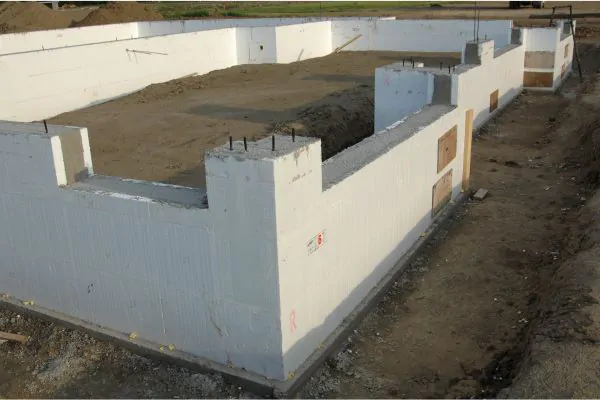
- Support – Concrete foundations bear the weight of the building and transfer it to the ground, ensuring stability and preventing settlement.
- Level Surface – Foundations create a level surface for constructing the rest of the building, ensuring structural integrity and preventing uneven settling.
- Protection – They safeguard the structure from soil moisture, preventing moisture-related damage and ensuring the longevity of the building.
Structural Differences Between Concrete Foundations and Retaining Walls
Concrete foundations and retaining walls, crucial in construction, differ significantly in their structural roles:
Concrete Foundations
Designed for Load Support – Concrete foundations are primarily engineered to support the weight of buildings, ensuring even distribution to prevent settling and structural damage.
Various Types – They come in diverse forms, including slab foundations, crawl space foundations, and basement foundations. These types suit different soil conditions and building needs.
Retaining Walls
Soil and Material Retention – Retaining wall systems are specialized for holding back soil and materials, preventing erosion and shifting. They play a pivotal role in creating terraces, safeguarding against soil erosion, and offering structural support for landscaping features.
Understanding these structural distinctions is essential when planning construction projects. Concrete foundations ensure a stable building base, while retaining walls provide erosion control and landscape enhancement, making them indispensable in construction.
Material Composition: Concrete Foundations vs. Retaining Walls
The composition of materials used in concrete foundations and retaining walls differs due to their distinct functions.
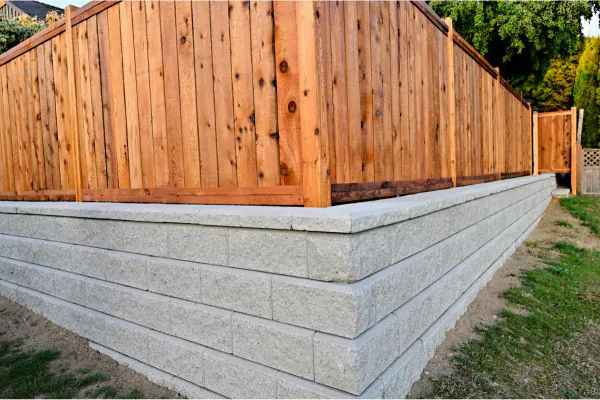
Concrete foundations are typically made of reinforced concrete, which is a mixture of cement, aggregates, and water. This material is exceptionally strong and durable, making it well-suited for building structures to the entire weight of a building. Reinforcement, such as steel bars or mesh, is added to enhance the concrete’s strength and prevent cracking.
Retaining walls can be constructed using various materials, including concrete, wood, stone, or even reinforced soil. The choice of material depends on factors such as aesthetics, budget, and the wall’s intended purpose. Concrete retaining walls are popular for their durability and ability to handle high-stress loads, making them ideal for retaining soil and supporting landscape features.
· Design and Construction Variations
Design and construction vary significantly between concrete foundations and retaining walls:
Concrete foundations require meticulous planning and construction to ensure a level and stable base for the building. Different types of foundations, such as a slab foundation for single-story homes or basement foundations for multi-story buildings, demand varying construction techniques.
Retaining walls offer more design flexibility, allowing for various styles and configurations to suit landscaping needs. They can be segmented or continuous, curved or straight, and can incorporate different materials to achieve the desired aesthetic.
· Cost Factors: Comparing Foundations and Retaining Walls
Cost considerations are crucial when deciding between concrete foundations and retaining walls.
Concrete foundations are a substantial part of the overall construction cost, with expenses varying based on factors like the type of foundation, excavation requirements, and local labor and material costs. Slab foundations are generally more cost-effective than basement foundations due to reduced excavation and materials.
Retaining wall costs depend on several factors, including materials, wall height, and design complexity. Concrete retaining walls can be costlier than those made of wood or simple stacked stone. Additionally, more intricate designs may require specialized labor, impacting the overall cost.
In Summary
Concrete foundations and retaining walls are distinct elements in the world of construction, each serving vital functions. Concrete foundations are the kind of commercial concrete that provide the necessary support and stability for buildings, ensuring a level surface and protection against moisture. In contrast, retaining walls prevent soil erosion, offer structural support for landscaping, and add aesthetic value to outdoor spaces.
Cary Concrete Contractor — Your Solid Partner in Concrete Building
Cary Concrete Contractor is a reputable construction company based in Cary, North Carolina. We specialize in providing a wide range of concrete-related services, including concrete pouring, foundation repair, stamped concrete, decorative concrete, and concrete driveway installation. With a focus on quality and reliability, we serve both residential and commercial clients in the Cary area.
